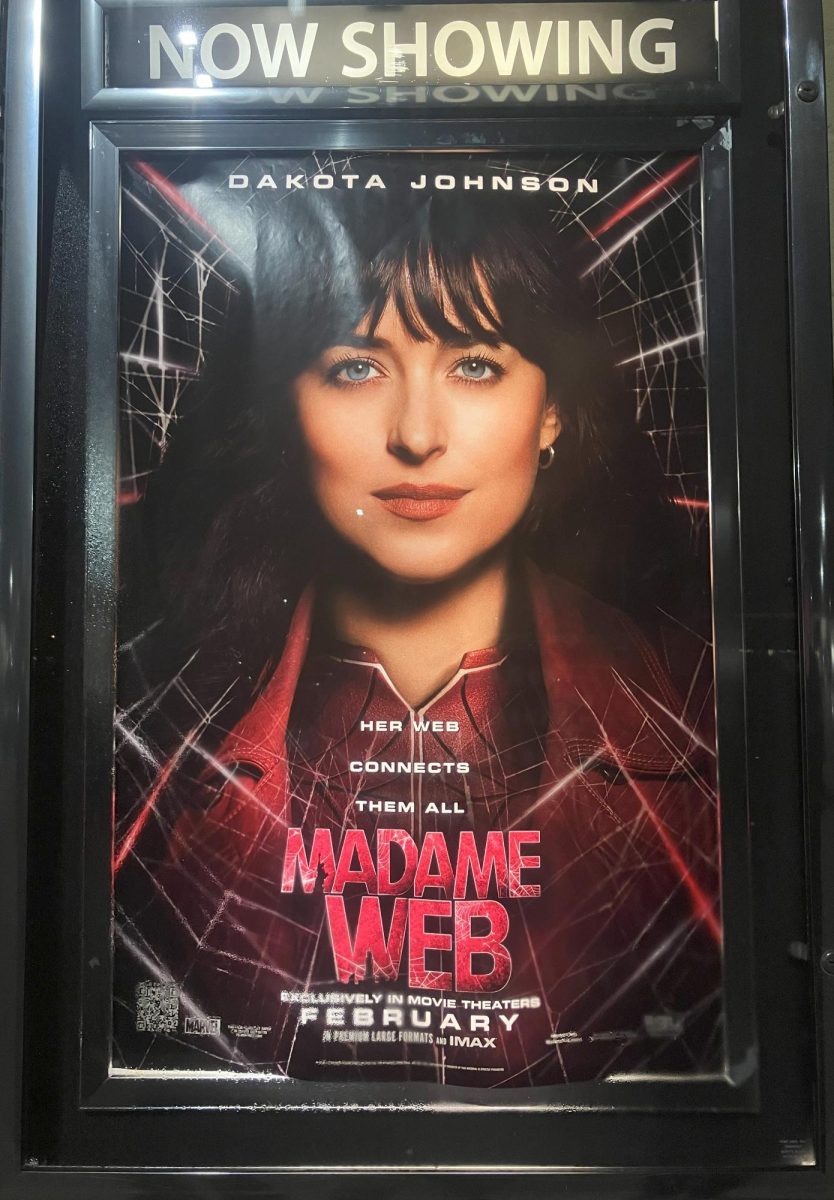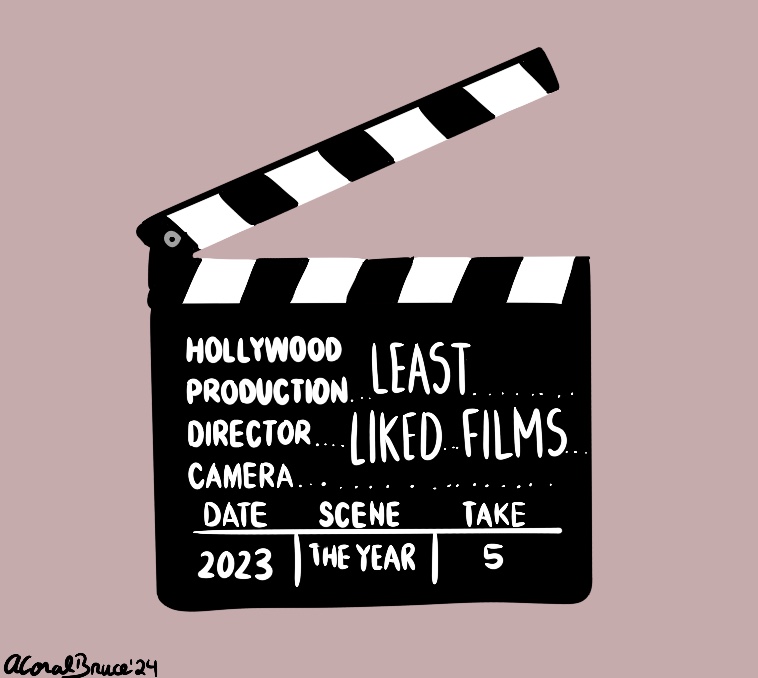Jordan Jacobo
Music and the way we listen to it are cultural markers. Our generation, the iGeneration, has been absolutely consumed by the phenomenon of digital music for the past decade. With the overwhelming transition from music on CD to music on mp3, we have developed several musical deficiencies.
As I write this article, I’m listening to music. This act of habitual music listening has numbed us to the lyrical beauty that our parents and grandparents may have been much more cognizant of. I try to be an exception to the rule. I’m listening to the “Duke Ellington at Fargo, 1940, Live” album on vinyl, in order, in full. And probably a little too loud.
When was the last time you listened to a full album, or even a full song, on your iPod? Sure, you can carry around a little device that holds 15,000 songs, but what is the point if you don’t assign those songs any value?
Does the music on your playlist make you think about the sociocultural setting in which it was written? Does it have an underlying message? Do know anything about the artists? Do you even know what artists you have on your iTunes?
You may think I’m just splitting hairs here, but there is something to be said about the way we use technology. Is it making us better people or just giving us something to do? Is it thought-provoking and enlightening or just adolescent entertainment?
I hope I’m not the only one who asks these questions.
I’m sad sometimes when I think of the state of music. I don’t think anyone listens to the lyrics. I doubt that many people know a lot about the people who compose the music they listen to. “Compose” may not even be the appropriate verb for the garbled art that is called “music” today.
I’m not sure whether culture is a product of music or music is a product of culture, but I can say this: iTunes says a lot about society today.
We are a people with the attention span of a hamster who drinks coffee. When I ride in the car with people, they spend the whole trip thumbing through their music collection, switching back and forth between songs, never really listening to what they are hearing.
If iPods have increased the portability and convenience of our music, so too have they reduced the importance of the songs we play. There certainly aren’t too many Iraq war protest songs or other social commentaries floating around the Billboard Top 100, are there?
Here’s a lyrical sampling from this week’s top song on the charts, “Whatever You Like” by T.I.: “Five million dollar homes / Drop Bentleys, I swear / I want your body, need your body / Long as you got me, you won’t need nobody.” Inspirational, isn’t it?
How about Katy Perry’s “Hot ‘N Cold” that peaked at No. 8 last week: “Someone call the doctor / Got a case of a love bipolar / Stuck on a roller coaster / Can’t get off this ride.” That’s some really deep stuff.
My guess is you probably haven’t been listening to what you’re playing. Now don’t get me wrong; I understand this is a sweeping generalization, but so is everything else that is talked about these days. I know not everyone fits into this category, but most of you do, and that is why songs like these are the most popular.
We put the songs we listen to into the public domain to project an image. Your shared playlist is a direct recipe for how you want to be perceived. It’s called the presentation of self, in sociological terms. When you think about the state of music today, and about everyone’s fascination with sharing their music, you have to be a little sad inside, right?
Lastly, we are shallow. Music only confirms that. We like a song for two weeks, obsess over it, then move on. A new song comes along, and we repeat as needed. With singles on iTunes ready to be purchased with the click of a mouse, it’s not hard to be this way. Our purchasing of digital music requires little thought, little effort and relatively little money. We listen to a 30-second sample and decide we like it, decide we want to project that image and so we buy it.
The songs we saturate our lives with play in the background for a few weeks while we study our textbooks and check our Facebooks incessantly. Then they get buried in the depth of our massive playlists, relegated to the sidelines, like some antique treasure of bad taste, alongside our singles from Hanson, Creed and Panic! At the Disco.






